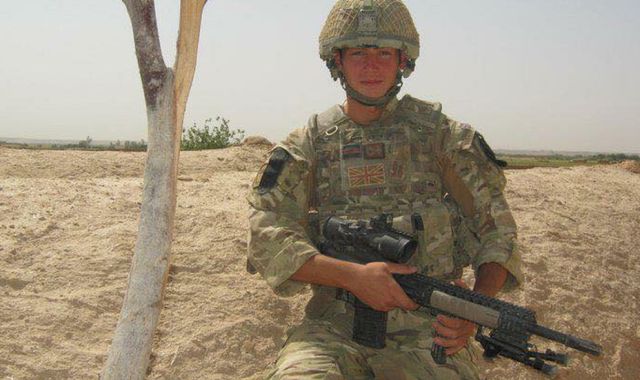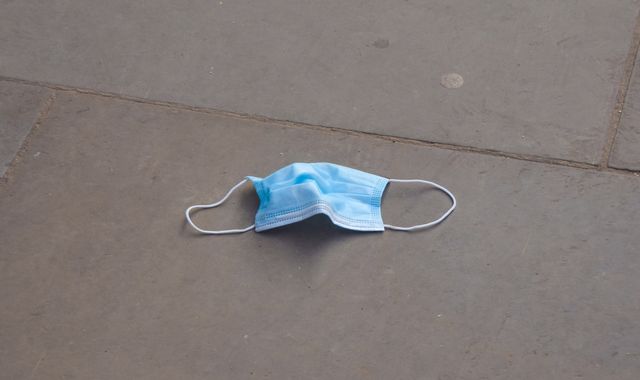Soldier inquest: Father brings civil action against MoD for corporate manslaughter
Written by News on 26/10/2019
The father of a British soldier who died on an “unsafe” army test march is bringing civil action for corporate manslaughter against the Ministry of Defence (MoD).


Philip Hoole announced the bid after an inquest into Corporal Josh Hoole’s death found “very serious” training and planning failings at every level surrounding the exercise on a hot day.
Cpl Hoole died within an hour of collapsing 400 metres from the end of an annual fitness test (AFT) at Brecon in Wales on 19 July 2016.
The 26-year-old, from Ecclefechan near Lockerbie in Scotland, served in the Rifles regiment and was described as “fit, capable and determined”.
Following similar failings in an SAS selection march in 2013, senior Birmingham coroner Louise Hunt told the army she had “grave concerns” about its “ability to learn from previous mistakes”.
Ms Hunt concluded that Cpl Hoole’s cause of death was a “combination of factors”, recorded as sudden arrhythmogenic cardiac death associated with high cardiovascular workload due to exercise and heat stress.
The inquest heard that soldiers were aware it was to be “the hottest day of the year” and the march time at Dering Lines was brought forward as a result.
Of the 41 soldiers who participated in the march, 18 dropped out, collapsed or were withdrawn.
Two soldiers went down with suspected heat injuries well before Cpl Hoole collapsed.
Heat experts later calculated the temperature had already reached the limit of safe operation at 6.45am before the march had started.
Rules governing the AFT meant that the exercise should have been stopped once heat illness was suspected.
The coroner found that Cpl Hoole would have lived if the march was stopped, though identified failings including “confusion” about who was in charge of the test march.
Ms Hunt added that this led to “wide gaps in management and assessment” of the AFT, making it unsafe.
The officer in charge of the course, Captain Colin Nufer, told the inquest he took a “common sense” approach to health and safety.
At a 2015 inquest into the SAS selection march deaths, Ms Hunt concluded there had been a lack of awareness about key health and safety documents, including one called JSP 539.
She highlighted the army’s “continuing” failure in that field at Cpl Hoole’s inquest, adding: “There was a very serious failure on the part of the army to ensure the Rifles’ training team were familiar with improvements in JSP 539 and how they applied to the AFT.”
She said the army’s failure to learn from previous mistakes “is a very concerning matter for me” and announced she would be sending a report to prevent future deaths to the defence secretary.
Brigadier Christopher Coles, head of the army’s personnel services group, said: “The MoD has acknowledged that aspects of the policy in place which governed the training Corporal Hoole was undertaking could have been better, and was in areas inconsistent.
“While much work has already been done to address this, we will seek to ensure that it is refined and improved to help ensure a tragedy like Corporal Hoole’s death is not repeated.”
(c) Sky News 2019: Soldier inquest: Father brings civil action against MoD for corporate manslaughter






